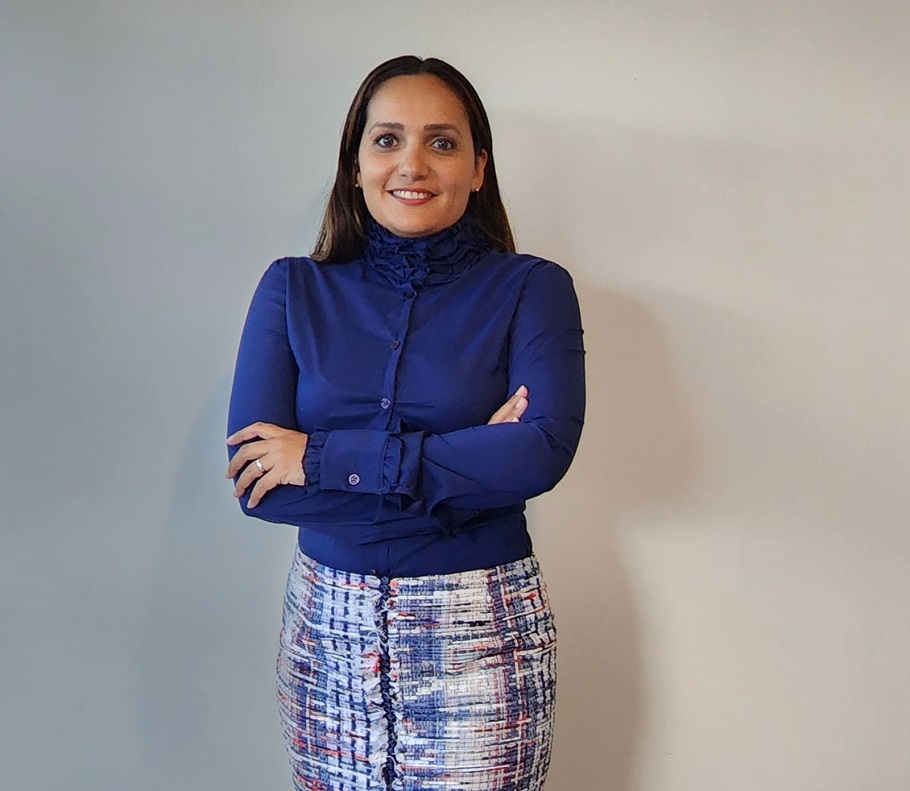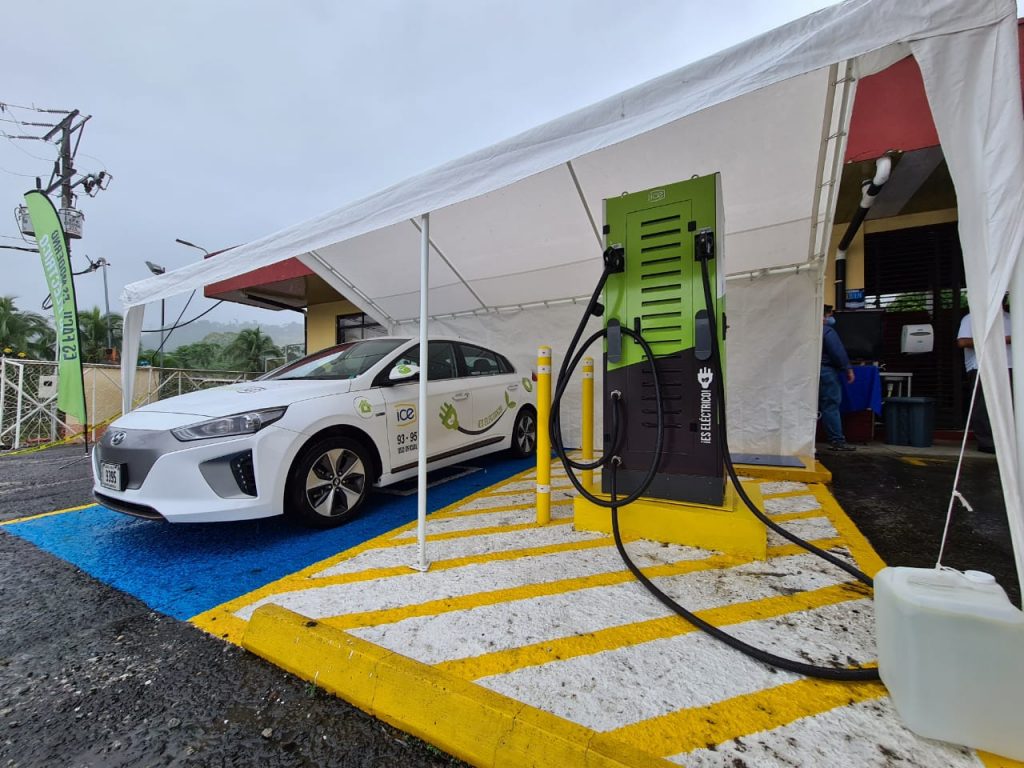Costa Rica is grappling with the disparity between the rise of electric vehicles and the lack of charging points.
In this context, the Costa Rican Electric Mobility Association (ASOMOVE) is pushing for a legislative amendment to address this issue alongside with private investment.

In an interview with Mobility Portal Latinoamérica, Silvia Rojas, Executive Director of ASOMOVE, explains the factors contributing to the situation and the proposed modification to Law No. 9518 to allow the private sector to get involved in expanding electric chargers in Costa Rica.
It’s worth noting that the Incentives and Promotion Law for Electric Transportation, which was once a significant step in promoting electric mobility by allowing the installation of charging points nationwide, stipulates that only electricity distributors can carry out such installations.
Specifically, one of the points being targeted for amendment is Article 32, which states that “only electricity distributors with their respective public service concession may sell electricity at charging stations.”
While it specifies one Type L3 charger every 120 kilometre on cantonal roads and every 80 km on national roads, the installation rate hasn’t kept pace with the adoption of electric vehicles.
From 2021 to the present, the number of fast chargers has barely seen a slight increase, while electric vehicle sales have doubled compared to the previous year.
In 2021, 39 fast chargers were installed; in 2022, it increased to 50; in 2023, 4 more were added, and as of March 2024, there are 57.
According to Rojas, this stagnation is largely due to electricity distributors already meeting the quotas set by the legislation.
“While there are charging points, many of them only have one charger. If one charger fails, they are left without service, as it is the only one available,” adds the Executive Director of ASOMOVE.
Read more: Electric buses in exchange for Latin American lithium: the agreement planned by the EU
What does the project promoted by ASOMOVE in Costa Rica propose?
The Bill presented in February, titled “Promotion of electric charging infrastructure and strategies for sustainable mobility”, is awaiting assignment to a legislative committee for discussion.
In the document, they detail that the aim is to promote the expansion of the national electric charging network to support the transition to electric transportation through third-party enablement.
“That’s why it’s crucial for the private sector to get involved; we need the number of charging points to double, not so much in locations, but that each location has more chargers available,” she adds.
With this project, they aim to increase the availability of fast charging points by at least 50%, with 80 or 90 electric chargers.
They propose that the intervention of the private sector would stimulate the improvement of the electric charging service, as they seek to optimize the efficiency and agility of the electric charging infrastructure, which could potentially improve the user experience and incentivize the purchase of electric vehicles.
Electricity distributors would also benefit, as it would allow them to focus on their primary function while delegating the installation of these charging points to the private sector.
Meanwhile, the amendment to Article 31 seeks to “authorize individuals or legal entities, public or private, subscribers of electricity distributors, to develop, operate, and sell the electric vehicle charging service.”
Regarding the sale of the service in Article 32, they propose that “electricity distributors with their respective public service concession and individuals or legal entities, public or private, subscribers of electricity distributors, may sell the charging service.”
Read ASOMOVE’s full document below:







